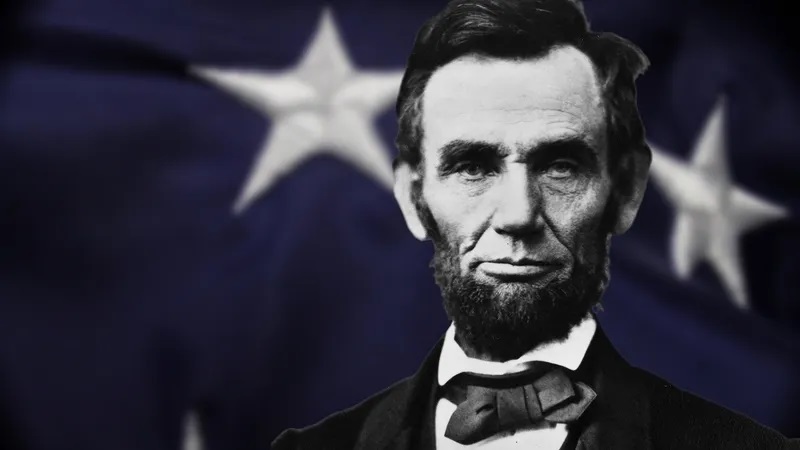
“The dogmas of the quiet past are inadequate to the stormy present. The occasion is piled high with difficulty, and we must rise with the occasion. As our case is new, so we must think anew, and act anew. We must disenthrall ourselves, and then we shall save our country.”—Lincoln
We’ve seen an outpouring of help and unified efforts from around the world to restore Notre Dame Cathedral. But in an atmosphere so clouded by distrust, can America even ask what it will take to rebuild itself?
America’s strength has never been in its wealth or military might alone. It has always been grounded in the principles that guide our actions—honesty, justice, compassion, integrity, and respect for one another.
But how do we embody respect when anger boils over on social media, and even in the streets? How do we uphold the country’s integrity when faced with the concerted resistance from misinformation campaigns, political gridlock, or hostility from those who feel left behind or betrayed?
Honesty requires us to confront falsehoods and misinformation not with anger or ridicule but with facts, clarity, and patience, ensuring that our words work to build understanding rather than deepen divides. Fairness calls on us to listen instead of shouting, engaging in meaningful conversations even when opinions clash. Integrity demands that we remain consistent in our principles, regardless of external pressures. It means holding ourselves accountable to the same standards we expect of others, refusing to compromise our values for convenience, and leading by example, even when the cost feels great.
In practicing these values, we not only strengthen the foundation of our democracy but also show others a path forward—one based on respect, resilience, and shared purpose.
America faces real and complex challenges, from economic inequality to climate change. But we cannot begin to solve our problems if we’re too busy blaming each other to listen or cooperate.
Notre Dame’s restoration has been possible because people from different backgrounds and beliefs rallied around a shared purpose. They recognized the cathedral as a symbol of something greater than themselves.
America, too, has symbols that can unite us—the Constitution, the ideals of liberty and justice for all, and the enduring belief in the promise of a better future for all of us. But these symbols only have power if we live by the values they represent. Ethical behavior is not something we can outsource to politicians or institutions. Each of us must practice it daily in our homes, workplaces, and communities—with friends, family, and coworkers.
The question is not whether America can be rebuilt. It is whether we are willing to do the hard work of rebuilding. Are we willing to prioritize principles over partisanship, compassion over contempt, and solutions over scapegoats? Are we willing to look inward, take responsibility, and demand better from ourselves and our leaders? The answer lies in our choices, individually and collectively.
Just as Notre Dame’s restoration required time, effort, and unwavering commitment, so will America’s renewal. The task is formidable, but the rewards—a stronger, more united, and moral nation—are worth every ounce of effort. If we can summon the same spirit of cooperation and shared purpose, that rebuilt a cathedral, there’s no limit to what we can achieve together.
Comments
Leave a Comment











I honestly trust that we are “willing to look inward, take responsibility, and demand better from ourselves and our leaders.”